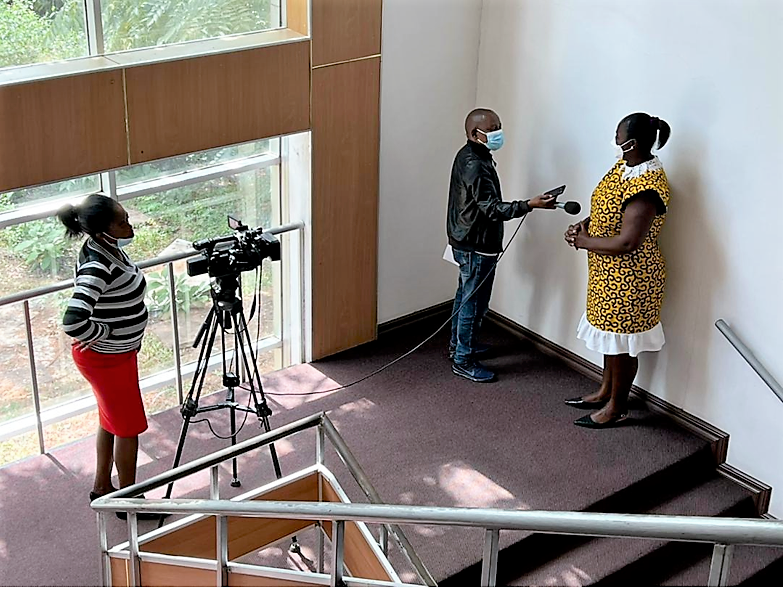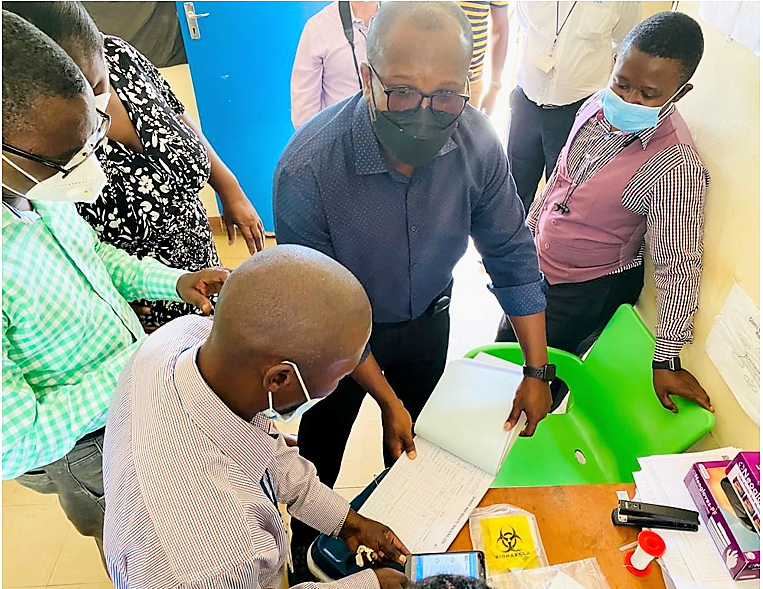
Global health is often hampered by the fact that not enough specimens get to testing sites in a timely manner. In many developing countries including Ghana, there are limited diagnostic equipment and most of them are placed in urban areas. Rural areas with inaccessible roads and poor electrical power connectivity often struggle to get their samples tested. To fully prepare for disease outbreaks, experts have placed increasing importance on improving the efficiency of laboratory networks and disease surveillance systems. Strengthening specimen referral networks is critical to serve the entire healthcare delivery system and establish preparedness strategies for effective disease control and prevention.
CfHSS through funding support from the US CDC have begun exploring ways of improving the sample referral system (SRS) in Ghana. To this end, CfHSS together with Ghana CDC team and GHS visited Zambia to engage with the Zambian Ministry of Health (MoH), US CDC (Zambia) and other implementing partners to under-study their model of the SRS implementation in April 2022.
This involved visiting selected spokes, hubs and testing centers across the entire SRS network. The Ghana team saw at first-hand how the SRS has been designed to cover both intra and inter-districts, the use of electronic and paper-based systems to track sample collection, delivery, sample movement routes, logistics usage and accountability. The Zambian SRS is designed to consist of motorbike pickups from the spokes to the hubs and vehicle pickups from the hubs to the testing centers.
The Ghana team also participated in the first National Courier Summit organized by the Zambian MoH to review the entire SRS in the country. At this meeting, all relevant stakeholders in the SRS were present to discuss implementation progress and areas of improvement.
Upon return to Ghana, CfHSS will continue to work with CDC, GHS and all other relevant stakeholders to incorporate lessons learned from this trip into the Ghana SRS implementation.











